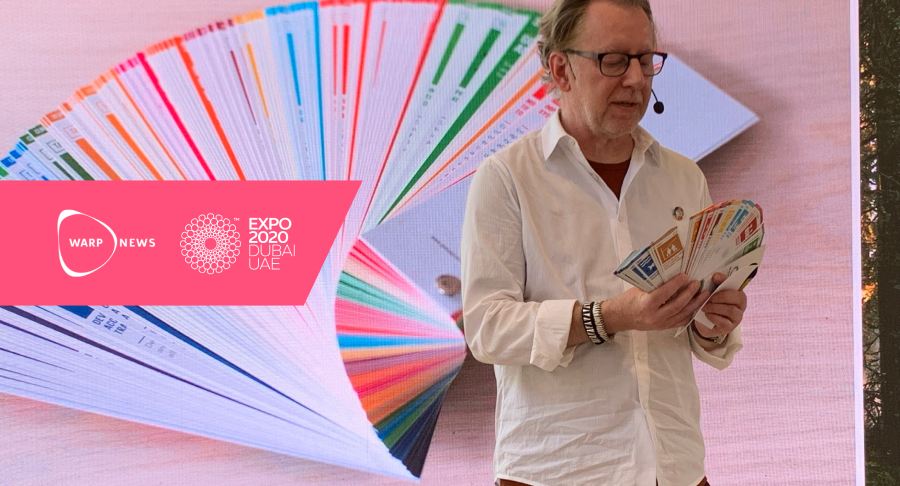
The United Nations' 17 sustainability goals are well known through the colorful icons and clear goals such as to eradicate poverty, achieve equality and sustainable energy. Actually, there are 169 sub-goals, each with a long, complicated text that together forms a thick stack of paper. Had they been communicated that way, the impact would have been small. It was this stack that Jakob Trollbäck got in his lap and from which he created the now-iconic icons.
Warp News met Jakob Trollbäck at the world fair in Dubai, where he explained his process.
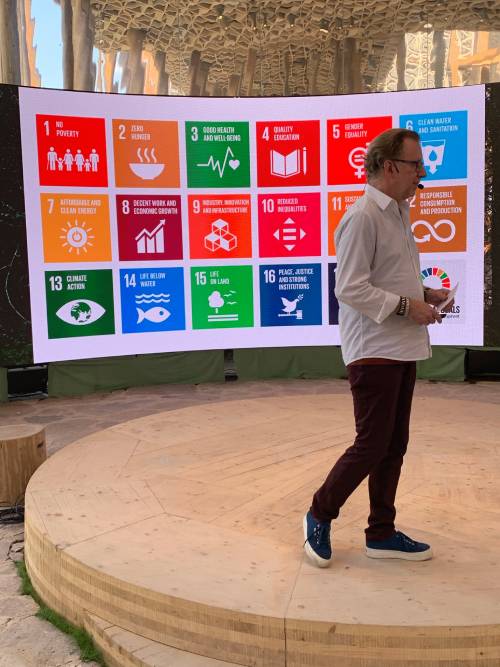
Perhaps the most important work was to take the complicated texts and find their focal point. Jakob takes goal 17.6 as an example. Here it is in its original form.
Strengthen North-South cooperation, South-South cooperation and regional and international tripartite cooperation on and access to science, technology and innovation, and increase the exchange of knowledge on mutually agreed terms, including through improved coordination between existing mechanisms, in particular at UN level, and through a global technology promotion mechanism.
Crystal clear, right?
Trollbäck and his team picked out a few words that they thought were the core message.
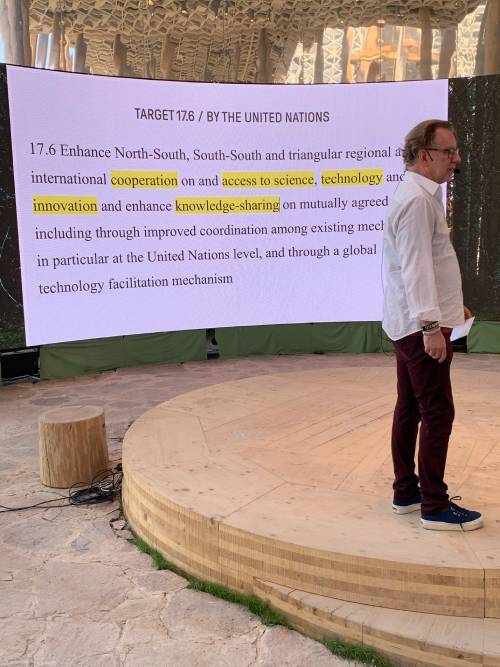
Based on a few words for each goal, they began to sketch.
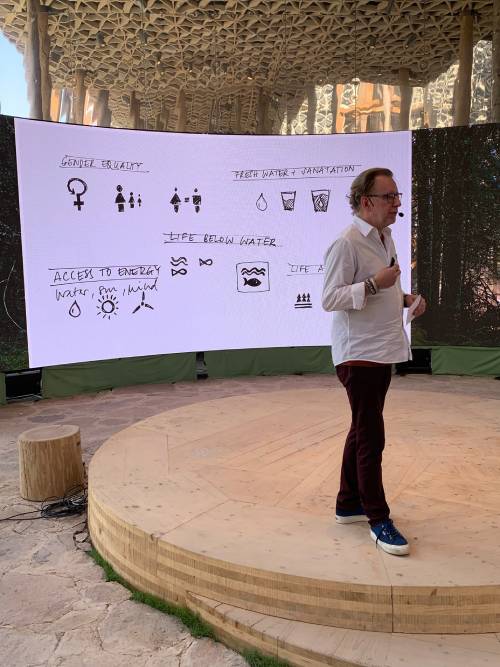
Which later received colors and associated icons.
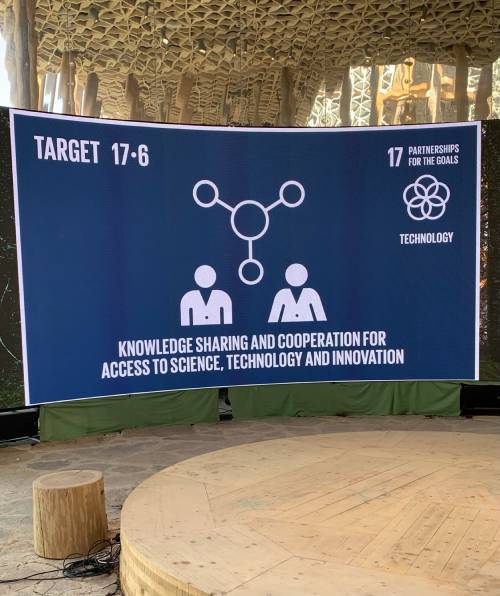
By putting them together in a palette, you can see how the goals are connected and affect each other. A periodic system of humanity.
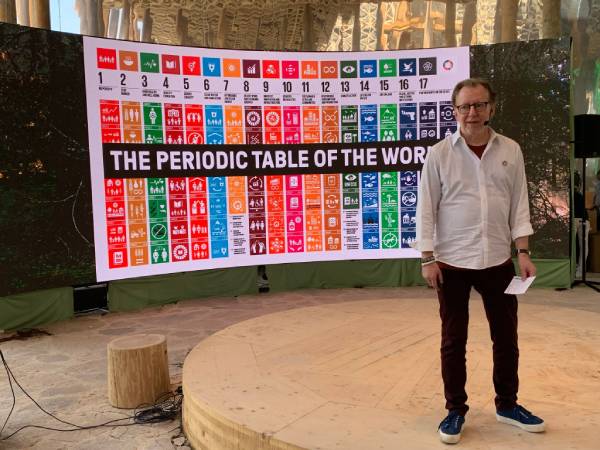
This is a brilliant way to communicate a target vision. By making the goals clear, by making the design easy to remember and by understanding that you're part of a whole, the chances of achieving the goals are increased.
Whether they are all reached by 2030 or we are only just getting a bit on our way, we would not have come this far without Jakob Trollbäck's ingenious work.
Mathias Sundin




